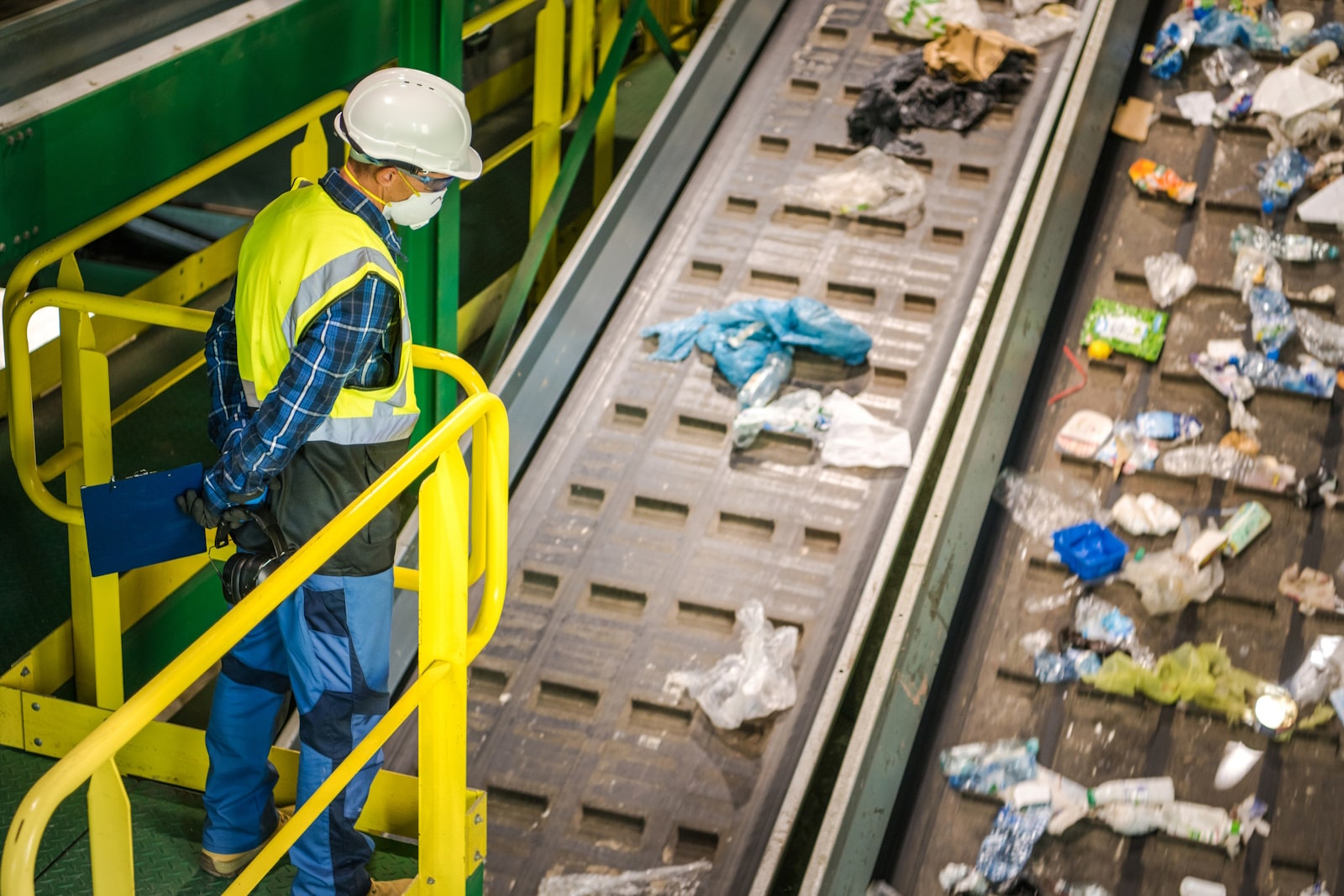Waste Management Company Innovations
Efficient waste sorting is the backbone of any successful recycling initiative. With growing environmental concerns and the global push for more sustainable practices, advancements in waste sorting technology are becoming increasingly important. A waste management company that stays on top of these innovations can significantly improve recycling rates, reduce landfill contributions, and contribute to a healthier environment.
This blog explores key technological breakthroughs in waste sorting, from laser-induced precision techniques to advanced sensor technologies that are reshaping waste processing.
Laser-Induced Breakdown Spectroscopy (LIBS): Precision Metal Sorting
Laser-Induced Breakdown Spectroscopy (LIBS) is emerging as a game-changing technology for metal sorting in waste processing. By focusing a high-energy laser pulse on a sample, LIBS generates plasma, which emits light at specific wavelengths that reveal the sample’s elemental composition. This enables quick and precise identification of various metals within mixed waste streams.
The ability to sort metals accurately without extensive manual intervention reduces contamination and boosts recovery rates. LIBS technology is particularly valuable for a waste management company looking to refine its processes and meet increasing demands for high-quality recyclables.
Optical Sorting Advancements: Using Colour and Shape Recognition
Optical sorting technology has seen significant advancements in recent years. These systems use sophisticated cameras and sensors to identify materials based on their colour, shape, size, and structural properties.
Advanced optical sorting systems now integrate machine learning algorithms, allowing them to continuously improve their recognition capabilities. Hyperspectral imaging, which captures data across multiple wavelengths, further enhances the ability to distinguish between different types of materials, such as plastics and paper.
These advancements help waste management companies achieve higher accuracy rates in sorting, reducing contamination and enhancing the efficiency of recycling operations.
Magnetic and Eddy Current Separators: Refining Metal Recovery
Magnetic and eddy current separators remain essential technologies for the separation of ferrous and non-ferrous metals.
- Magnetic Separation: This process uses powerful magnets to attract and remove ferrous metals such as iron and steel from waste streams.
- Eddy Current Separation: This technique utilises alternating magnetic fields to repel non-ferrous metals like aluminium and copper, enabling their extraction from mixed waste.
Recent advancements in magnetic separator design have improved efficiency, while refined conveyor systems have enhanced the accuracy of metal recovery. Integrating these technologies with other sorting methods creates a comprehensive waste processing solution.
Near-Infrared (NIR) Spectroscopy: Advanced Plastic Sorting
Near-Infrared (NIR) spectroscopy has become a vital tool for distinguishing different types of plastics and other materials quickly and accurately. NIR sensors work by analysing how materials absorb near-infrared light, providing detailed molecular information.
This technology is invaluable for a waste management company aiming to increase the purity of its recycled outputs. NIR-based sorting machines can handle complex material streams and operate at high speeds, making them ideal for modern recycling facilities.
The Role of Artificial Intelligence and Robotics in Waste Sorting
Artificial Intelligence (AI) and robotics are revolutionising waste sorting. AI-powered systems can learn and adapt over time, enhancing their sorting accuracy. Robotic arms equipped with sensors and AI can identify and separate materials with remarkable precision.
For example, some facilities have introduced robotic systems capable of sorting multiple material types simultaneously, significantly increasing throughput. These advancements reduce the need for manual labour and improve the consistency of sorting operations.
Why These Innovations Matter for South Africa
In South Africa, waste management faces unique challenges, including high landfill dependency and limited recycling infrastructure. The integration of advanced waste sorting technologies is essential to address these issues.
Government initiatives, such as the National Environmental Management: Waste Act, encourage waste reduction and promote recycling. By adopting cutting-edge sorting technologies, a waste management company can contribute to these national goals, reduce landfill pressure, and support a circular economy.
Moreover, implementing these innovations can create economic opportunities by generating cleaner, higher-quality recyclables that are more valuable in local and international markets. This supports job creation and economic growth within the waste management sector.
Partnering with Us for Sustainable Waste Solutions
At A-Thermal, we understand the importance of staying at the forefront of waste sorting technology. Our commitment to innovation allows us to offer advanced waste management solutions that are efficient, sustainable, and aligned with South Africa’s environmental goals.
Contact us today to learn how our expertise and advanced technologies can help your organisation manage waste more effectively and responsibly.







